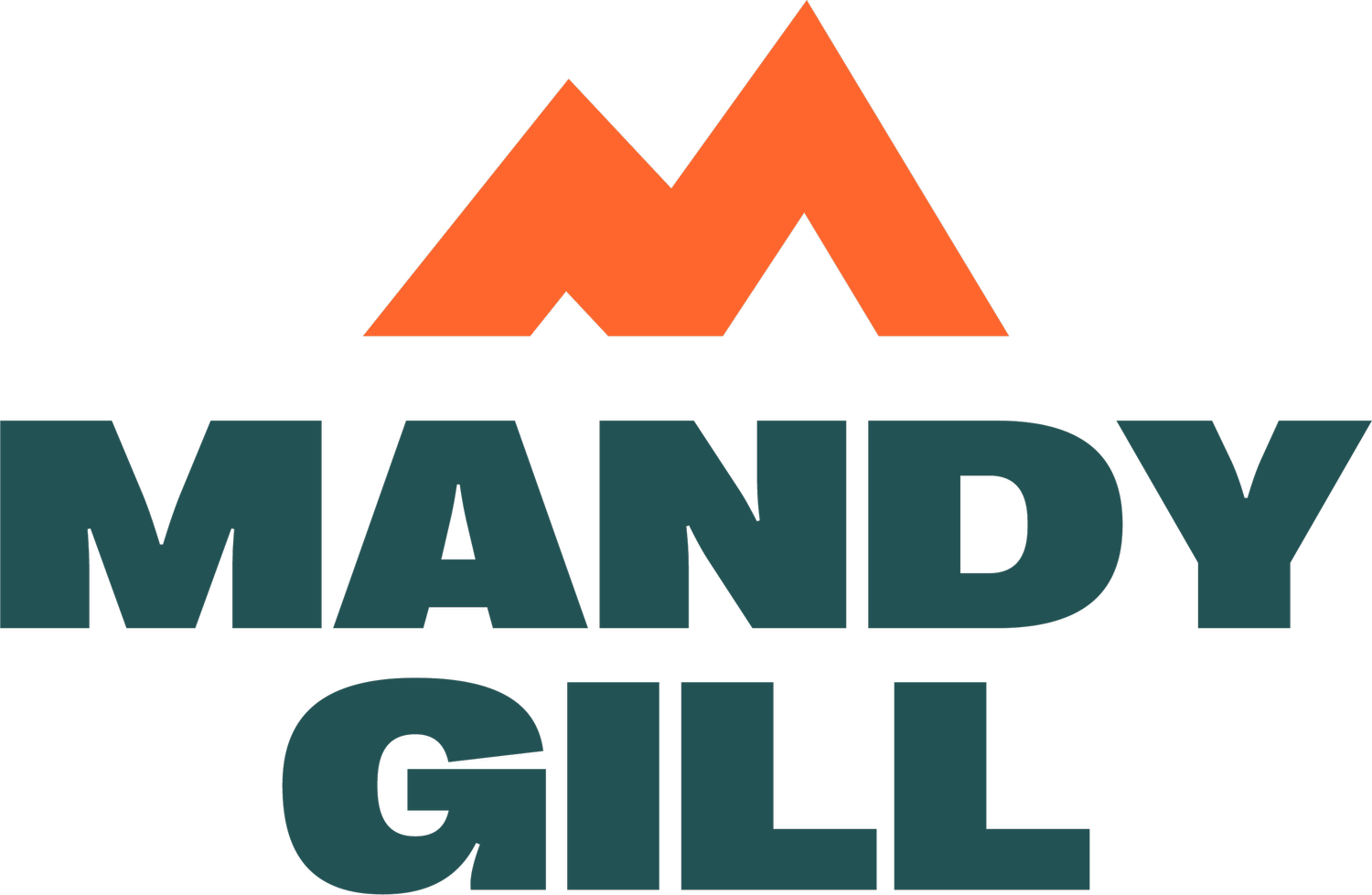The Link Between Unconscious Habits and Mental Effort
What if only one or two changes within your day-to-day habits could have you avoiding that all too common slump in your energy levels?
If you feel emotionally and mentally drained most of the time, chances are you might be suffering from mental fatigue. Mental fatigue is a condition triggered by prolonged cognitive activity. Basically, it sends your brain into overdrive, leaving you exhausted, hampering your productivity and overall cognitive function. So what do habits have to do with this? Habits make it possible for us to do things without spending exorbitant amounts of mental effort. They make everyday life possible - good or bad. Habits are routine behaviours done on a regular basis. They are recurrent and often unconscious patterns of behaviour, acquired through frequent repetition. For example, we brush our teeth every morning and night, drive our vehicles, and for the most part many of us would admit it feels natural, and we don’t have to ‘think’ about it, almost like we’re unconscious while doing it. The key word here is unconscious.
Think about this, what if you could complete a task you currently find takes a massive amount of energy (or maybe you’re not even aware it does), and turn it into an unconscious routine, much like you do brushing your teeth? Before I dive any further, when I reference that you may not be aware a specific task is sucking up large amounts of your energy, I ask you to review what mental fatigue symptoms are classified as. The most common ones include: mental block, lack of motivation, irritability, stress eating or loss of appetite and insomnia. Mental exhaustion can affect you for both short-term or long-term. As an avid ultramarathon trail runner my interest was sparked even further when research suggested that constant mental exhaustion can also impact your physical endurance.
Habits are a process by which a behaviour, through regular repetition, becomes automatic, or habitual, and is triggered by a goal. Over time that goal becomes less necessary and the habit becomes more automatic. (Read that again: over time the goal becomes less necessary and the habit becomes more automatic). For example, throughout the past eight years in another division of my business, myself and my team work with clients in an APP structured to assist with lifestyle transformations, where we’ve seen clients officially say goodbye to anywhere from 10-200lbs. I reference weight, and yes, that’s an important tool to collect data from, but that’s not what it’s about. What has and always will be our focus is to provide habit development practices for those seeking transformations to build on. One day at a time, little bit little habits begin to change. Challenging and resistful at first because they require that extra dose of mental energy, however before thousands of clients we’ve worked with have time to think about it, these new routines become unconscious behaviours. Tada! This creates a much higher percentage rate of their success being long lasting. From lacing up shoes to get outside without wasting energy on thoughts such as “I’ll go after the next episode” (yes, this eats up energy), to realizing physical movement triggers a state where the mind has the opportunity to be at ease, and reset.
As a keynote speaker for the 2018 Canadian Cancer Society Healthy Workplace Awards, a company in Vancouver, British Columbia called Thinkific took home an award for going the extra mile in employee health. What did they implement at their office to support employee engagement, productivity, and habit development? An impressive range of support strategies that helped them move away from the typical alcohol-and-beer-centred start-up culture and instead embrace a health and wellness approach. Thinkific hosted group meditation and yoga classes for mental and physical wellness, and provided access to a gym with flexible hours to attend any time during the work day. By helping their employees to change habits, not only does the company create healthier, happier teams, but it’s highly likely they’ll have a more promising retention rate, less employee sick days, and an overall increase of revenue.
Are you beginning to see the trend of how adjusting one to two habits in your daily routine allows you to free up mental space to accomplish harder tasks, and get through them more efficiently and focused, therefore freeing up more energy? Through repetition, patience, and remembering that a satisfying reward is key to be working towards, habits begin to become unconscious. Leading you, your teams, and your biggest endeavours to be approached with nothing but clarity and drive.
Hear more about the “Biggest Blockers To An Unproductive Workplace (virtual and/or in office)” in The Framework.


